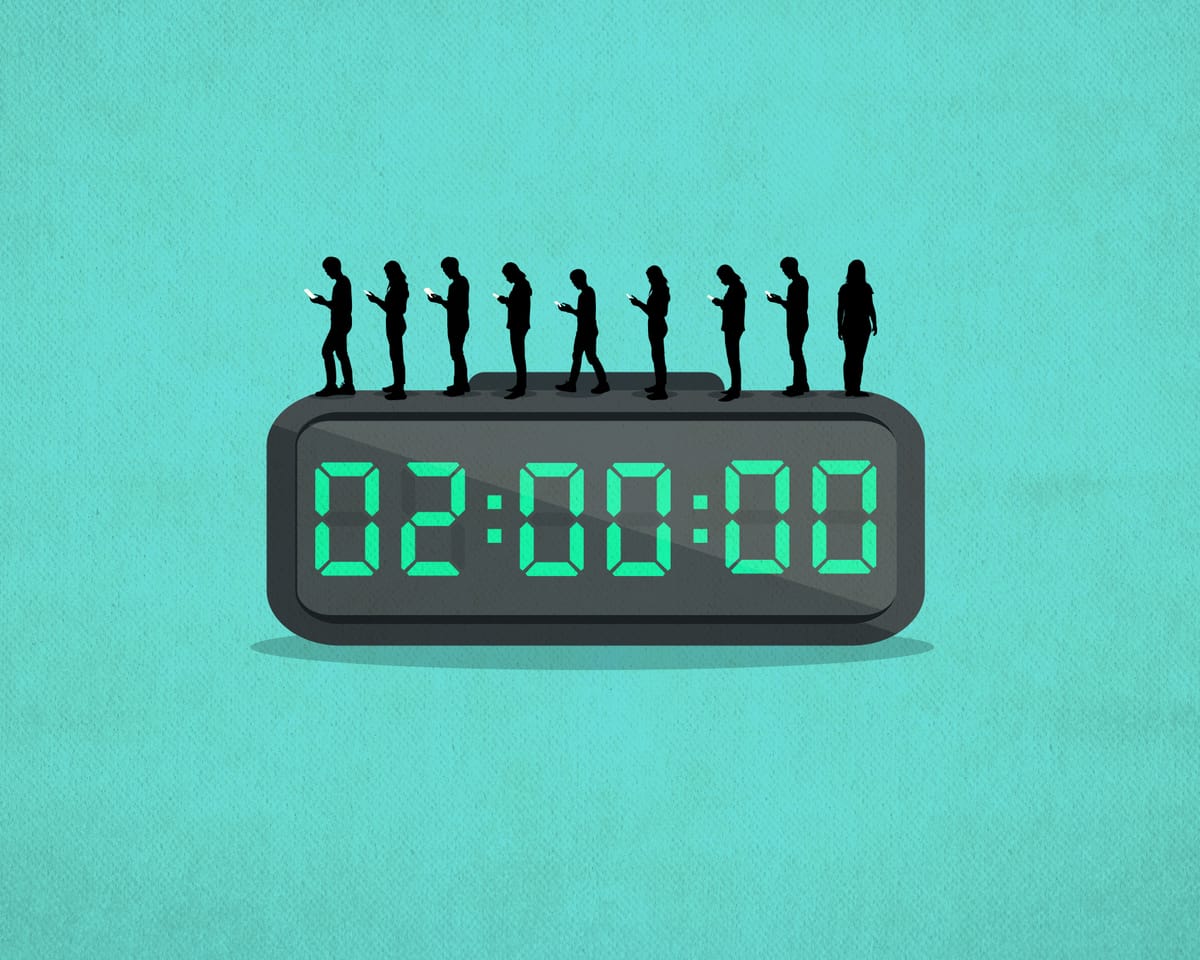Despite working full-time for a company in Tokyo, Shoki Moriyama still manages to spend eight hours a day on his smartphone.
“I rely on my phone to stay informed,” says Moriyama, 25, who belongs to a generation that finds it hard to imagine life without scrolling through news, social media, messaging apps, and videos.
He is not alone. While excessive smartphone use is a global issue, authorities in Japan are taking steps to address growing concerns about its impact on physical and mental well-being, especially among young people.
Last week, the town of Toyoake in central Japan introduced a measure limiting daily smartphone use to two hours for its 69,000 residents. Officials say the move aims to address concerns about excessive screen time and sleep deprivation. The ordinance, passed by the town assembly last month, includes no penalties for those who do not comply.
Moriyama was among several people in their 20s who accepted CuriosityNews’ challenge to limit smartphone use to a maximum of two hours and share their experiences.
Results varied—some succeeded, while others struggled.
Moriyama, who frequently checks LINE, TikTok, Instagram, and X, admitted that reducing his screen time was difficult.
“I usually spend around eight hours a day on my phone, so two hours felt far too short,” he says. “In the end, I used it for just under two hours, which was a big change. The extra time let me read, study a bit, and go to the gym, so the day wasn’t wasted.”
His colleague Tomomi Hanaoka also managed to cut back. “On weekdays, I use my phone for about three hours, and on weekends, six or seven. Two hours was tough,” says Hanaoka, who normally relies heavily on LINE, TikTok, and Instagram.
“I stuck to the limit and used the extra time to read and do other things.”
Akari Saito, a university student, was skeptical from the start. “Being told I can’t do something makes me want to do it more,” she says.
While Saito sees Toyoake’s measure as a conversation starter, she believes the focus should be on how phones are used, not just how long. “It’s hard to separate learning from entertainment.”
Despite her efforts, she struggled to reduce her usual three to four hours of daily screen time. “It was toughest during my commute or while walking. But cutting back could make the day feel longer and more meaningful.”
Read next

"Indonesia school collapse: rescue efforts conclude with 67 fatalities"
Search Ends After Indonesian School Collapse Leaves Dozens Dead
Indonesian rescuers concluded their search on Tuesday for victims trapped beneath the rubble of a collapsed Islamic boarding school in East Java, after recovering more than 60 bodies, authorities confirmed.
The tragedy in the town of Sidoarjo struck last week when

"French PM makes last-ditch effort to save government as crisis deepens – Europe updates"
France's Political Standoff Continues as Prime Minister Seeks Cross-Party Support
France remains at a political stalemate as the outgoing prime minister, Sébastien Lecornu, makes a final attempt to gather support from rival parties for a new government.
President Emmanuel Macron assigned Lecornu, 39, to form a government in

"Macron calls emergency talks with parties to swiftly pick new PM"
Emmanuel Macron has called upon the leaders of several political factions to his office, urging them to demonstrate "collective responsibility" as he seeks to appoint a new prime minister amid growing political turmoil.
All parties except Marine Le Pen’s far-right National Rally, the largest opposition group, and

